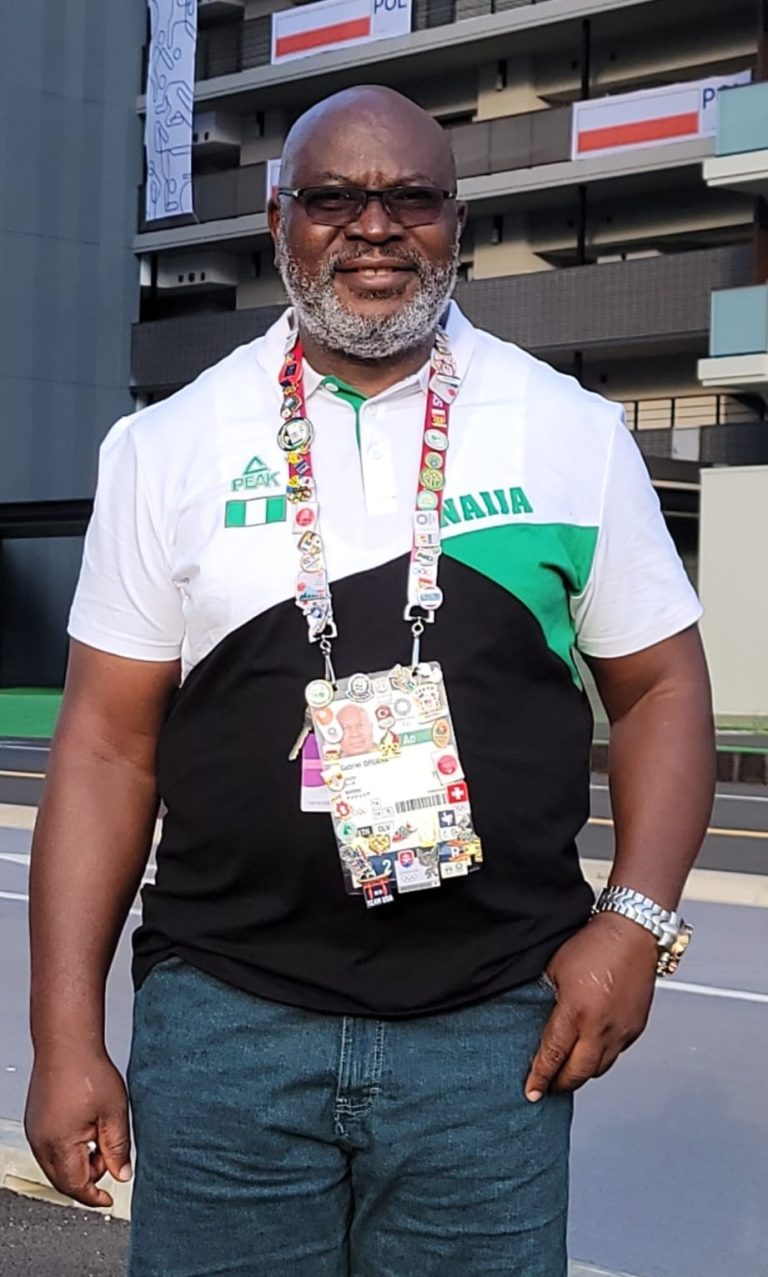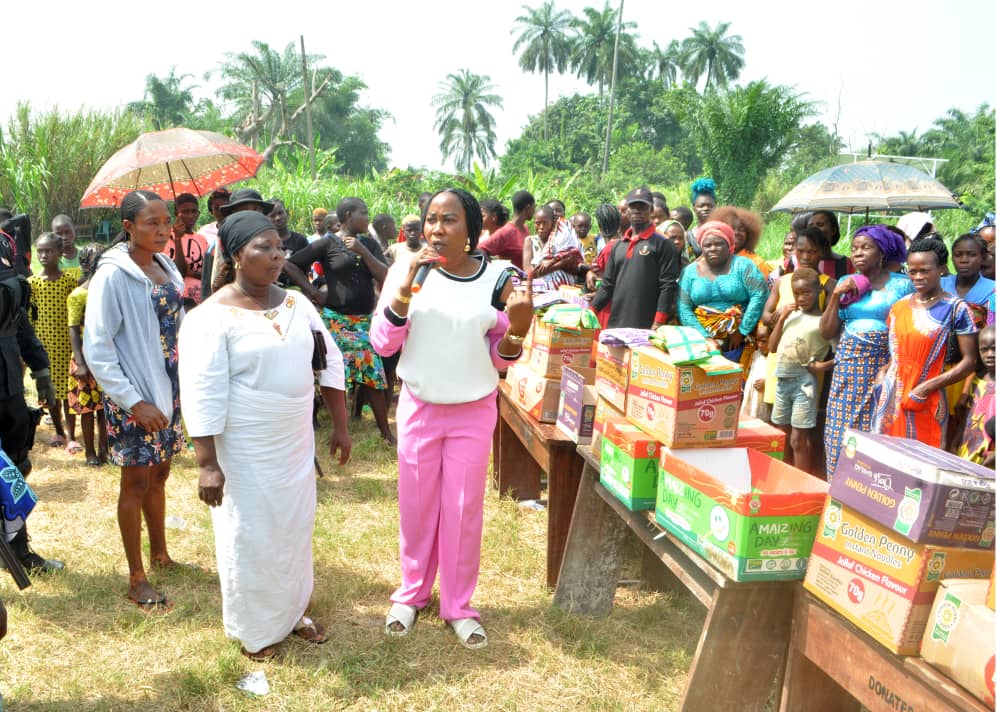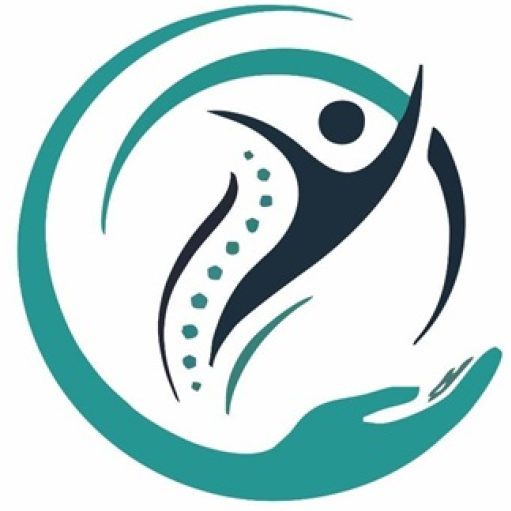About

Gabriel Opuana, born on December 22, 1962, in Zaria, Kaduna State, Nigeria, is a seasoned sports coach and prominent figure in Nigerian athletics. His early education began at St. Georges Primary School, followed by his secondary schooling at Kufena College in Wusasa, Zaria. He later pursued higher education at the Federal College of Education, Katsina, where he studied Fine and Applied Arts.
Opuana’s passion for sports began in his primary school days, and he has since developed a robust career as a coach. Over the years, he has represented Nigeria on numerous international platforms, coaching athletes in prestigious competitions like the Olympics, World Championships, Commonwealth Games, All Africa Games, and various African and regional championships.
In addition to his coaching career, Gabriel Opuana now resides in New York, USA, where he works as a corrections officer. Despite his career shift, he remains actively engaged in sports, contributing significantly to the Nigerian Coaches Association (NCA), which he leads as president. He is dedicated to improving the training and development of Nigerian coaches, focusing on adopting global standards and innovative practices to elevate the country’s athletes on the world stage
Brief History of Erohwa

Erohwa is a village located in the Isoko South Local Government Area of Delta State and situated on the shores of the Erohwa Creek, about a mile from the River Niger. It is the first Isoko community to have migrated from Benin around the 1600s. The main communities of Erohwa speakers are in Erohwa village in Delta State and Anibeze community in Bayelsa State.
The people of Erohwa speak a unique dialect called Erohwa, which no other Isoko town or village speaks. According to the elders, Erohwa tradition originally did not allow their daughters to marry outside the community. Instead, any potential groom was required to move to Erohwa to live with his bride.
The indigenous people of Erohwa were traditionally engaged in fishing, farming, and hunting, which supported their families and helped develop their community. The village is blessed with numerous lakes, including Arueyae, Ore, Oriro, Ewu, and Utehe, which sustained their fishing activities. Their agricultural harvests include yams, cassava, plantains, bananas, palm oil, and kernels.
While canoes were the primary means of transportation in the past, modernization has introduced motor vehicles and motorcycles (locally known as “okadas”) to the village. As the community expanded and the ambitions of its youth grew, many began trading along the River Niger and ventured further away. Some moved and established settlements outside Erohwa, one of which was named Igule. Eventually, many returned home, while others ventured further along the Niger and established a sandbank settlement called Ose-Ubom, now part of Aboh in Ndokwa East LG of Delta State.
In 1919, some returning villagers stopped before reaching Erohwa and established a settlement across the river, which they named Anibeze, which is on the opposite side of Erohwa. Today, this settlement lies in Bayelsa State.
In recent years, descendants of those who left Erohwa and Anibeze in the 1920s have returned, bringing with them the skills they acquired. One of these returnees is Gabriel Opuana, a Nigerian Olympic Throws coach. He returned at a time when road development was taking place in Erohwa and found a town where the youth were struggling with unemployment and a lack of income opportunities.
Moved by divine inspiration, Gabriel started a soccer competition among the local youth, promoting unity and giving them something to look forward to. Two editions of the competition have already been held, with prizes including both cash and souvenirs.
Gabriel’s vision has now expanded to building a facility where Olympians can train in a peaceful environment. This facility would provide employment and generate income for the people of Erohwa and neighboring towns. The hope is that friends and supporters of Erohwa will generously contribute to realizing this vision, which God has placed in the heart of one of their own Olympic Throws Coach Gabriel Opuana
Charles Abakpa

